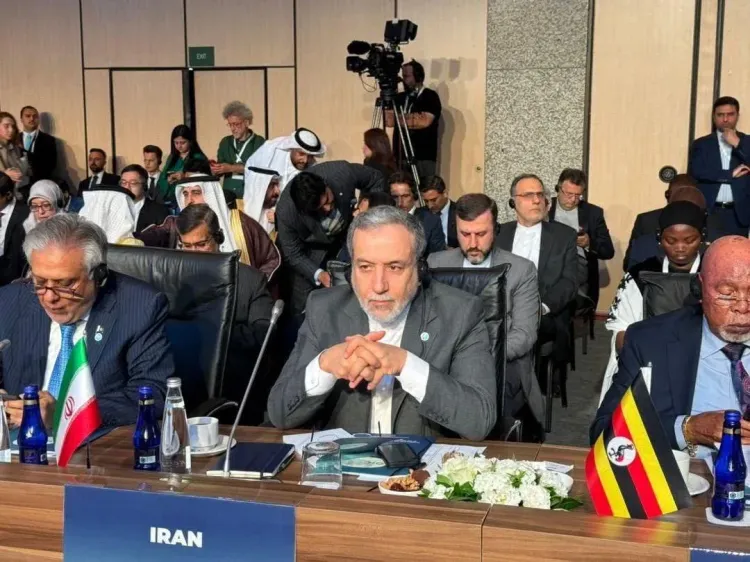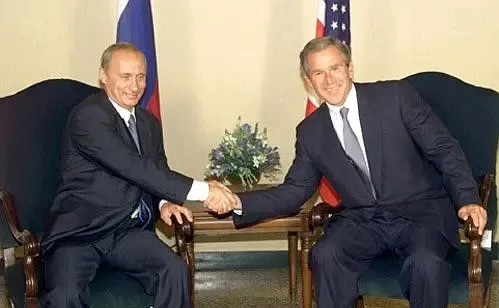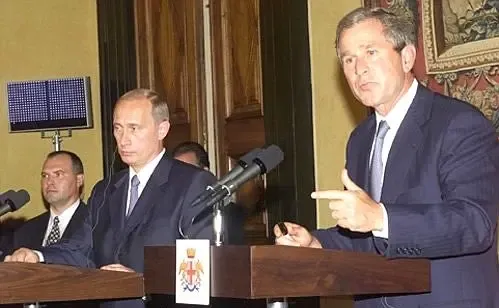Is Iran's FM Ready to Resume US Talks If Sanctions Are Lifted?

Synopsis
Key Takeaways
- Iran's readiness to engage in talks hinges on the lifting of sanctions.
- Respect for peaceful nuclear technology is a critical demand from Iran.
- The snapback mechanism could be a significant point of discussion in upcoming negotiations.
- Preparations for talks with Russia indicate Iran's strategic diplomatic engagement.
- Future discussions with European powers will be crucial in shaping the nuclear dialogue.
Tehran, July 23 (NationPress) Iran's Foreign Minister Seyed Abbas Araghchi stated that the nation is prepared to initiate indirect discussions with the United States provided that sanctions are lifted and Iran's entitlement to utilize nuclear technology for "peaceful" purposes is honored.
These comments were made on Tuesday during a meeting with members of the Iranian parliament's National Security and Foreign Policy Commission, as reported by the official news agency IRNA, quoting Yaghoub Rezazadeh, a commission member.
Araghchi emphasized that "if the sanctions are lifted and Iran's right to use peaceful nuclear technology is acknowledged, indirect negotiations with the United States will occur before addressing the snapback mechanism issue in October," as per the lawmaker.
The snapback mechanism refers to a provision in the 2015 nuclear accord, known formally as the Joint Comprehensive Plan of Action (JCPOA), which allows other parties to re-enact all international sanctions should Iran fail to adhere to the agreement, according to Xinhua news agency.
He also mentioned that preparations have been made for discussions between Iran and Russia regarding the latter's nuclear program, and a meeting between Iranian representatives and those from the three European nations of France, Britain, and Germany is set to take place in Istanbul on Friday to discuss the same topic, as stated by Rezazadeh.
Iran entered into the JCPOA in July 2015 with six nations including Britain, China, France, Germany, Russia, and the United States. Under this agreement, Tehran consented to limit its nuclear program in exchange for a lift on sanctions.
Following the United States' unilateral withdrawal from the deal in 2018, sanctions were reimposed, leading Iran to gradually decrease its compliance with nuclear obligations.










